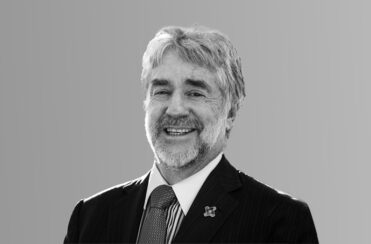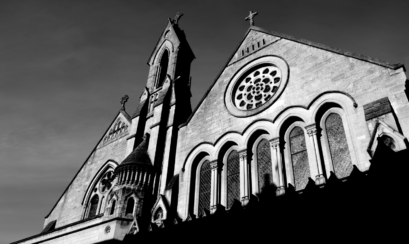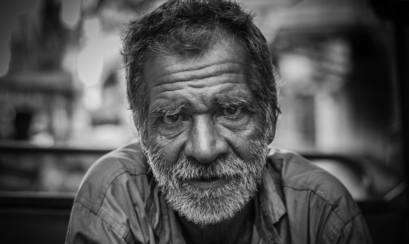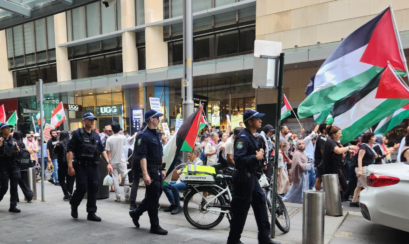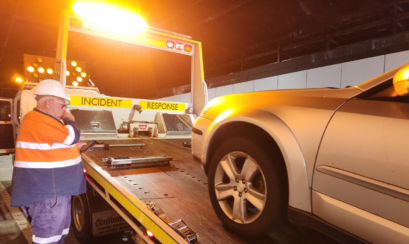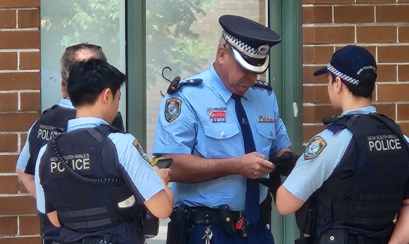In October the NSW government will introduce legislation diluting the long standing legal right to remain silent when being questioned by police investigating a crime.
“For too long it has been too easy for criminals to hide behind rights to silence,” said Premier Barry O’Farrell.
He will amend the law to allow juries and judges to take an “adverse inference” from an accused person who refuses to divulge facts to police if they later produce “so-called evidence in order to provide an excuse”.
The right to silence has its origins in 19th century England after public distrust grew of confessions extracted under torture or duress. It is not a constitutional right like it is in the United States, but granted under common law.
After the change, when NSW police question a person they will say: “You are not obliged to say or do anything unless you wish to do so. But it may harm your defence if you do not mention when questioned something you later rely on in court.”
Police welcome the change as they say the right to silence can impede investigations. But legal experts are concerned about the impact on individual rights.
Maurie Stack OAM, a former president of the Law Society and chairman of Stacks Law Firm, said on the surface the change appeared reasonable. But he warned the justice system isn’t perfect, nor are those who get caught up in it.
“Juries can and do make mistakes,” Mr Stack said. “Human beings are prone to jump to conclusions. Sometimes a person is innocent even when the circumstantial evidence looks convincing.
“If all defendants were highly intelligent and well educated and all had English as their first language, then you probably couldn’t complain about the change.
“But those charged with serious criminal offences more often than not do not meet those criteria. They can easily make statements to police that makes their situation appear worse – even when they are innocent.”
“Ultimately we as a society have to decide whether we remain of the view that it is better that nine guilty persons go free than one innocent person be convicted,” Mr Stack said.
Law Society president Justin Dowd said the right to silence was a cornerstone of our justice system. “A person does not have to prove his or her innocence, that is, they have the right to remain silent,” Mr Dowd said.
Bar Association vice president Phillip Boulten fears it is a “back-door way of changing the onus and standard of proof which has been for centuries on the Crown to prove its case beyond reasonable doubt”.


